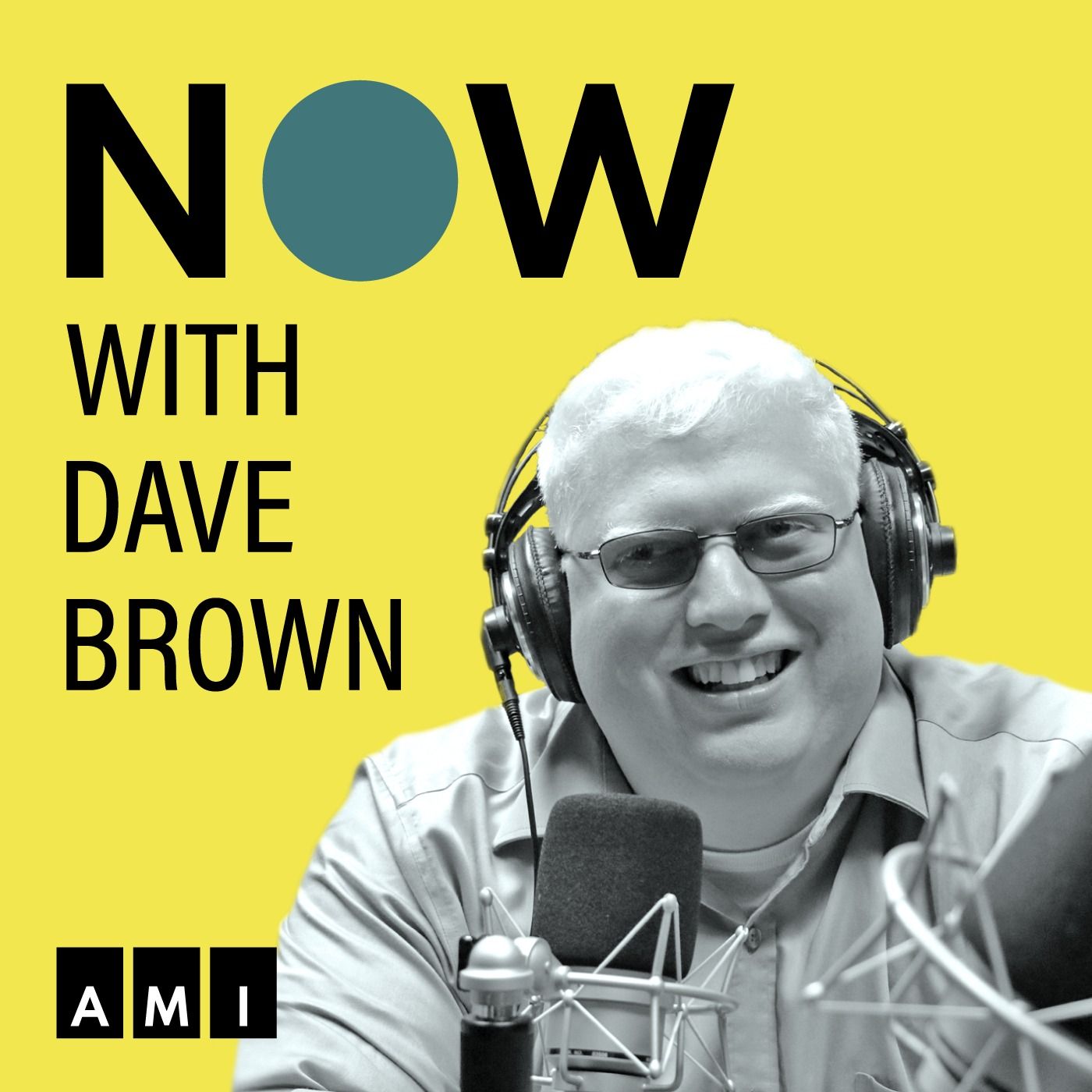Dr. Ielpi: Warming Arctic effects on rivers.
This episode offers a deep-dive into the intricate dynamics of Arctic warming with Dr. Ielpi, an expert whose extensive research has shed light on the unique transformations occurring within Arctic rivers. Driven by atmospheric warming, permafrost is being destabilized, leading one to assume an increase in the lateral mobility of river channels. Contrary to this expectation, Dr. Ielpi's groundbreaking research has unveiled a surprising decrease in the lateral migration of large Arctic rivers by about 20% over the past half-century.Join us as we delve into this paradox, exploring the indirect effects of atmospheric warming such as bank shrubification and the decline in overland flow. We'll examine how these factors are impacting sediment and organic matter residence times in floodplains, and what this means for watershed-scale carbon budgets and climate feedbacks. Be prepared for a riveting discussion that challenges assumptions and provokes a rethink on the implications of Arctic warming. https://doi.org/10.1038/s41558-023-01620-9













